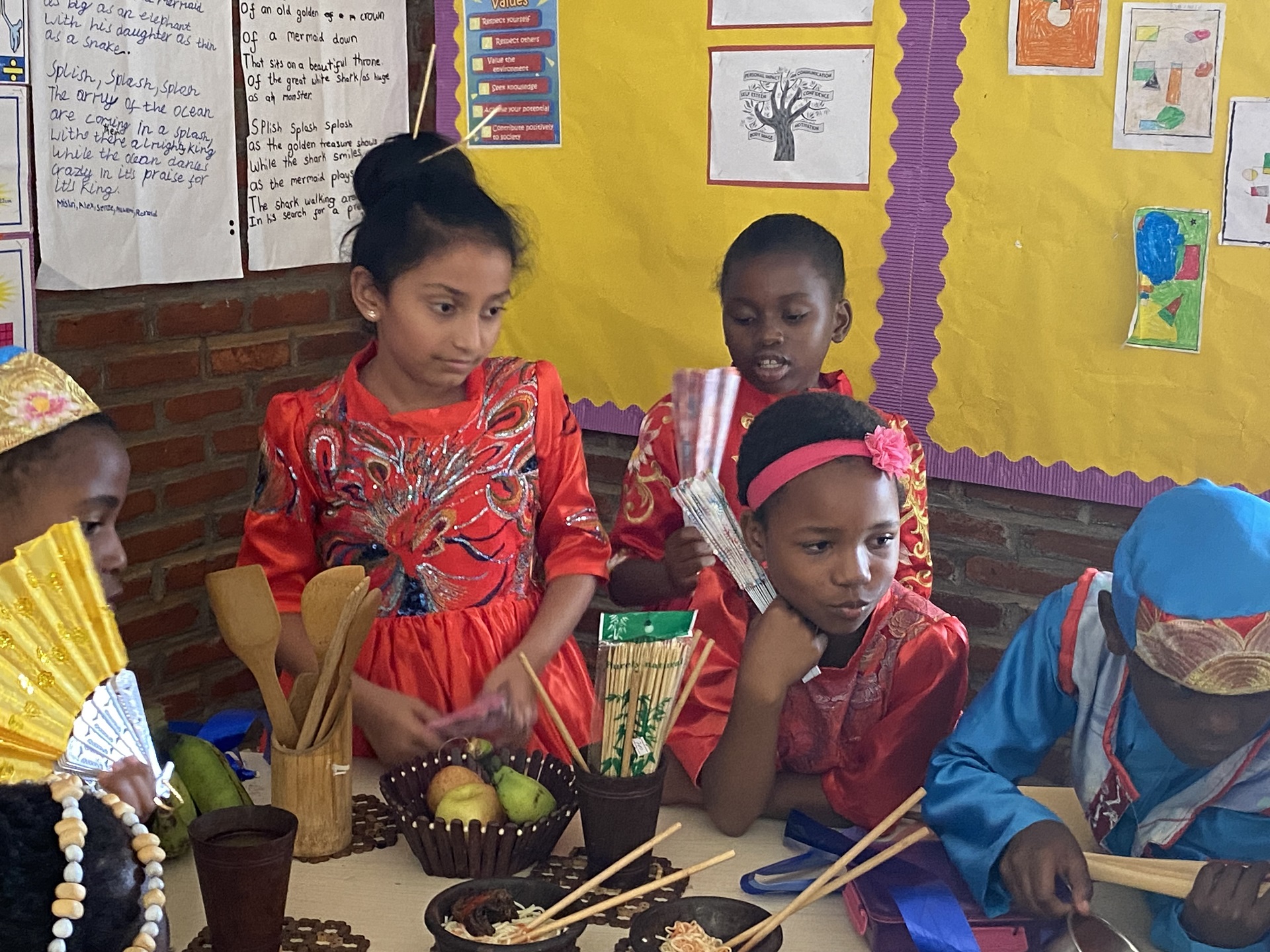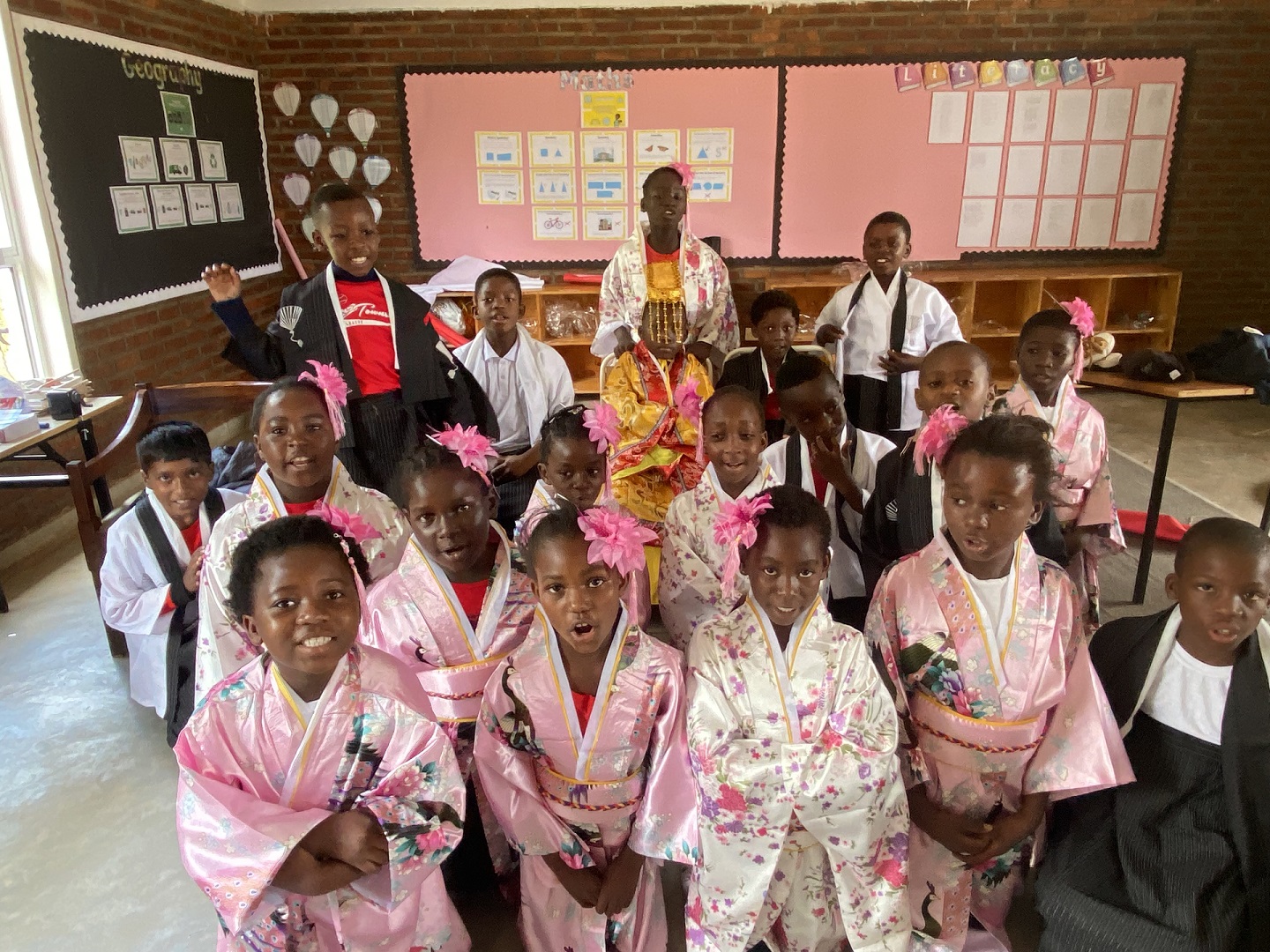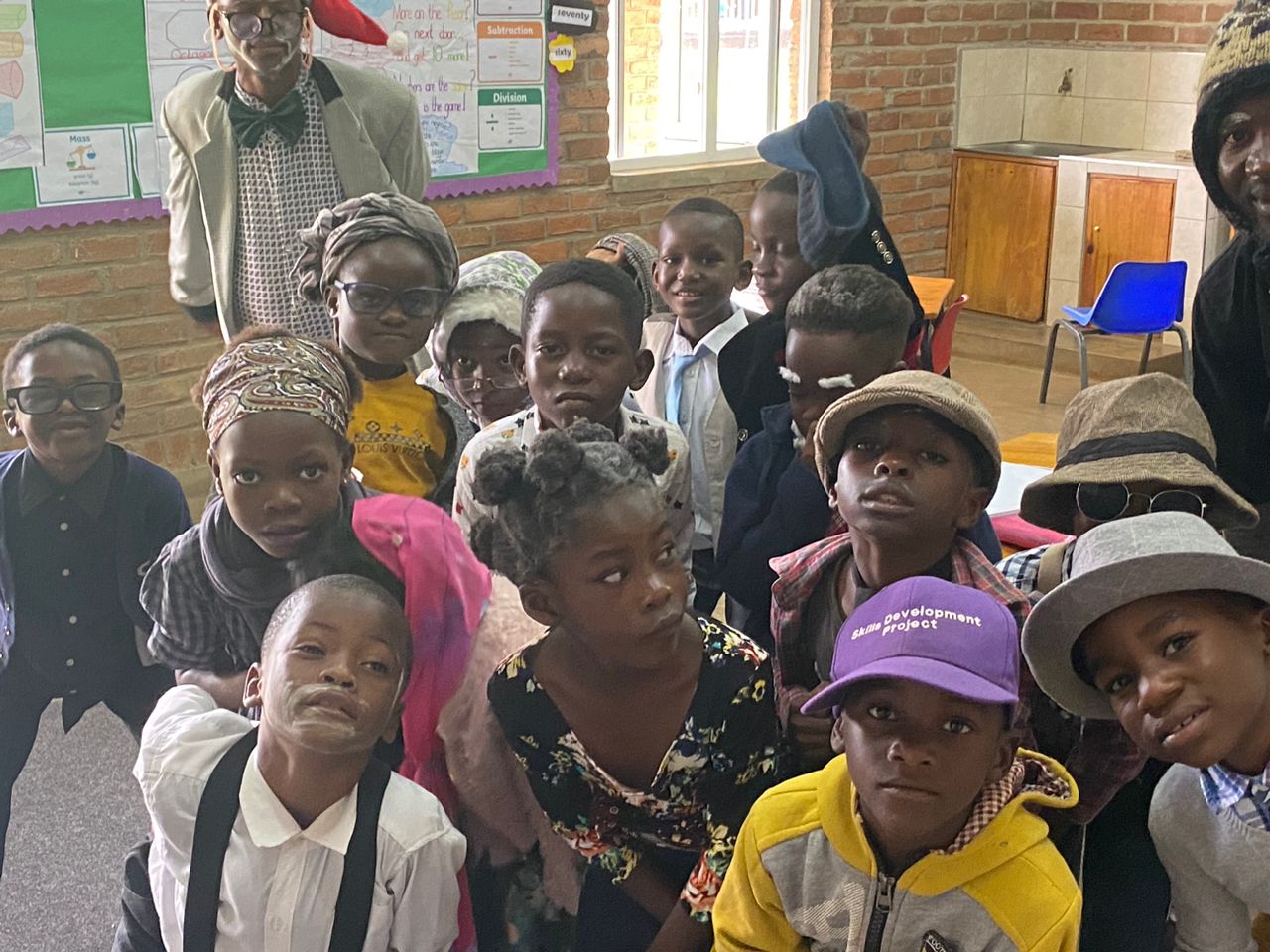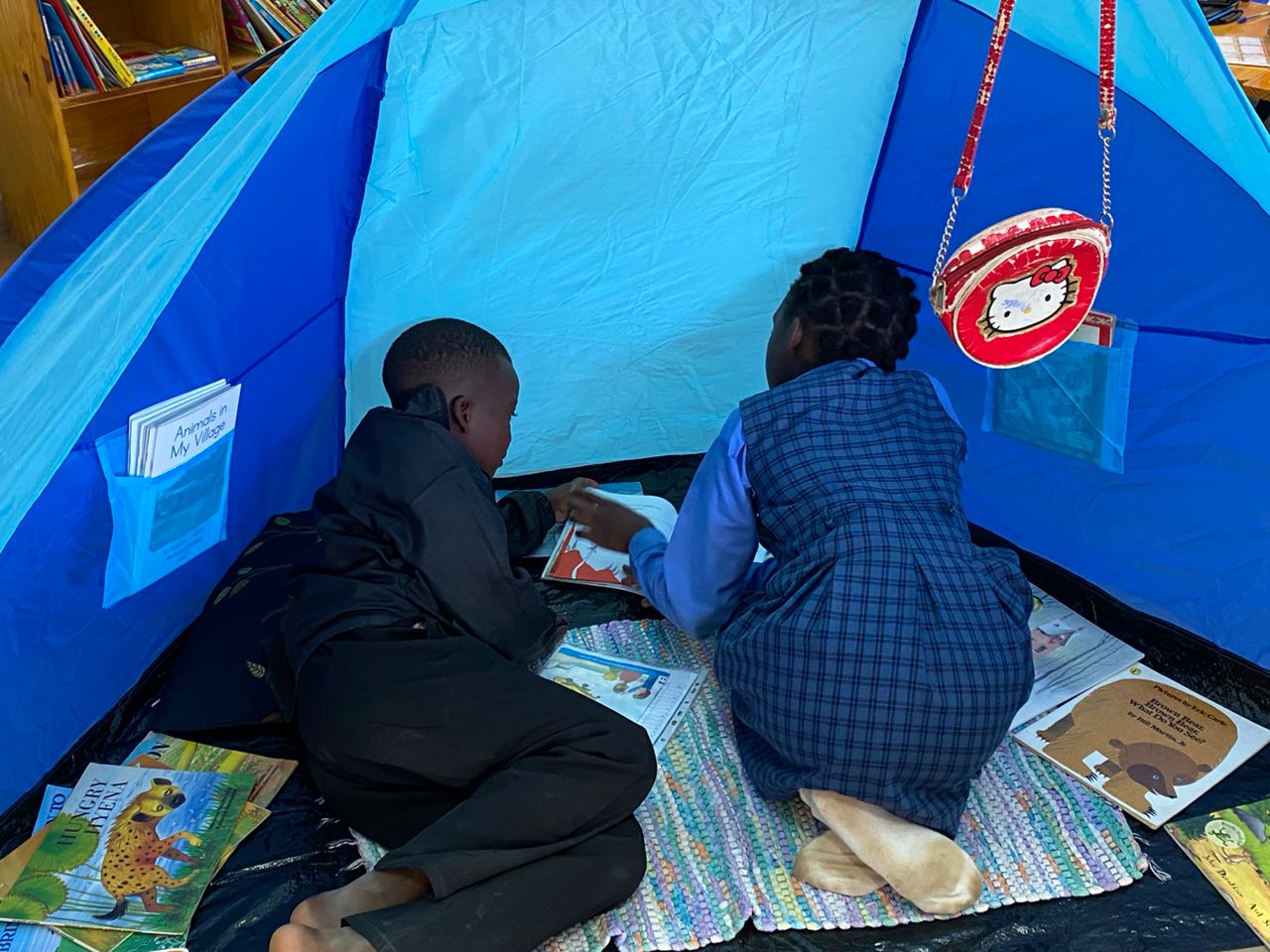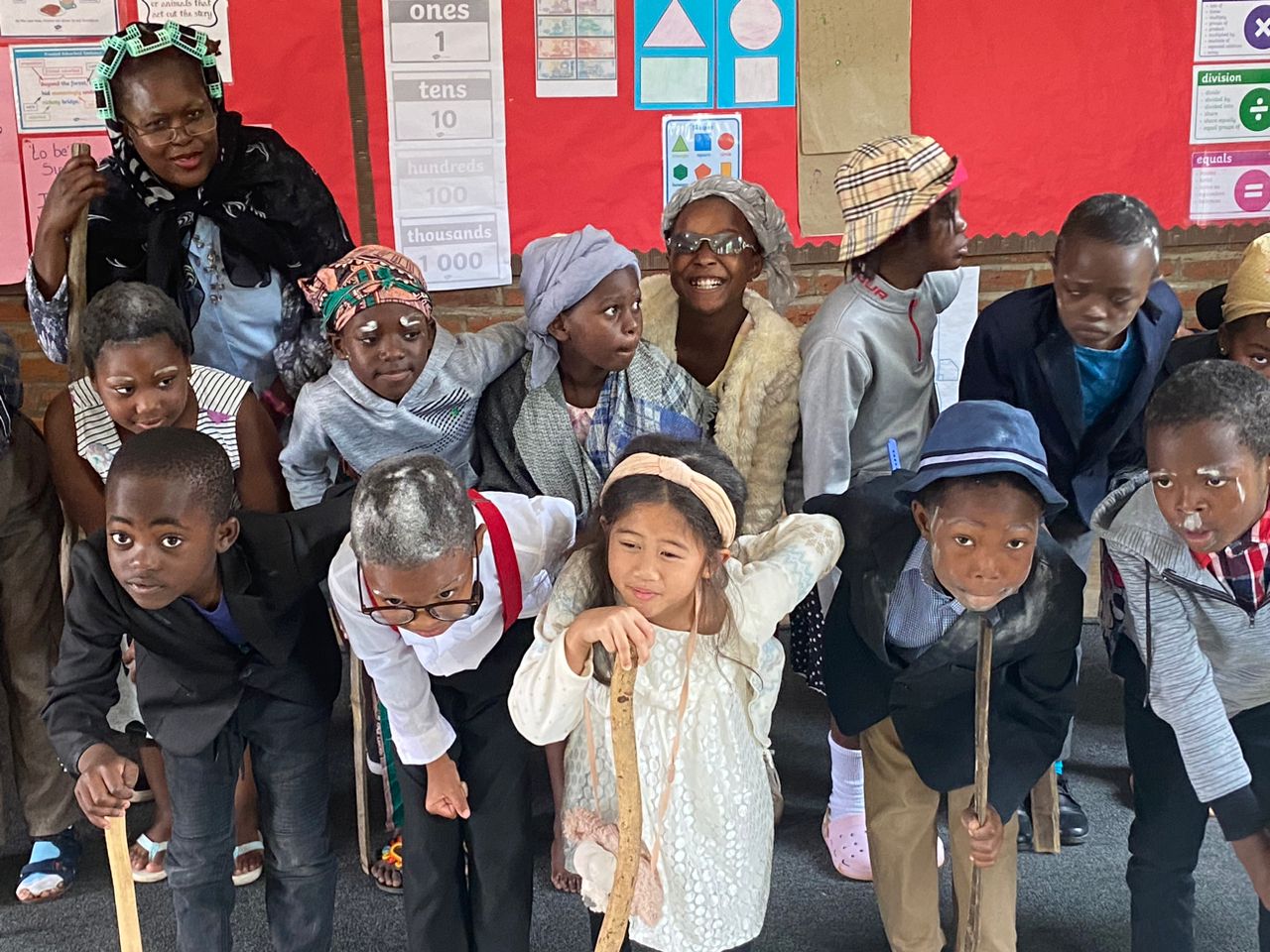Education Insights:February, 2023.
Greetings from Primary! This month I will be looking at one of the most important aspects of your child’s education, ‘Play’! Yes, ‘Play’. Research into Playing and its’ serious importance in the development of children is wide and expansive. But how do we define what Play is?
Play may be defined as: “Activities children engage in solely for having fun and not for a specific purpose. Generally, the play that children engage in is not guided by an adult and is more self-directed. Children may play independently or in a group, but the key is that they decide the rules and focus.”
So, why is play so important? The benefits of play are wide-ranging, with both social, emotional and academic gains. Let us go over a few of the most notable findings from educational research to show just how crucial unstructured play can be.
Firstly, play helps children build self-confidence. When children are free to explore their ideas in a non-structured space, they are be better able to trust themselves and their ideas. Children can also learn social skills when they are playing with their peers. Ideas of sharing and cooperation become important. In addition, spontaneous play helps children learn to cope with stress in healthy ways by teaching them to think flexibly.
Play may also have a significant role in intellectual development, according to researchers. When children are given time to play, they experience growth in memory, language, and symbol recognition skills. Playtime is also linked to learning readiness, which means that pupils can feel more engaged and prepared in class.
Best of all, play gives children the opportunity to think creatively and imaginatively. Creative thinking skills are more than just fun: they can play a role in mood and brain development, too. In short, engaging in play can lead to the following benefits for pupils—none of which you’ll want your children to miss out on: Self-confidence, Creativity, Social skills, Memory, Language, Symbol recognition and Stress management.
Educator Madeline Rogin points out that that unstructured playtime is just as crucial as formal learning time. So, you should try to make room for both at home as well. Opportunities could include: Outdoor play, Arts and crafts, Dressing-up games and Sound and music play. The old saying goes that “It takes a whole village to bring up a child”. It is just as important that we realise that learning does not just take place in the classroom but also in the playground.


